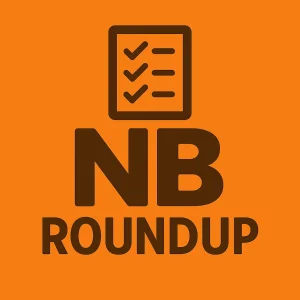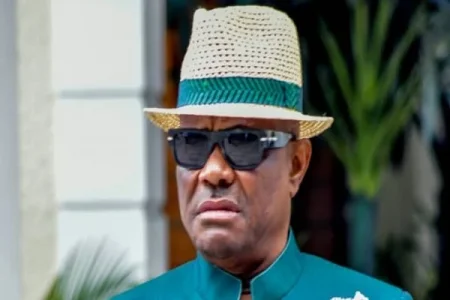
In a startling move aimed at bolstering tax returns, political heavyweight Bola Ahmed Tinubu has issued a directive demanding that self-funded agencies, including the Nigeria Civil Aviation Authority (NCAA), remit a staggering 50% of their revenue to the Federal Government. This directive has ignited a fierce debate, challenging the autonomy of the NCAA and raising concerns about the potential compromise of air travel safety standards.
The recent directive from Tinubu's camp stands in direct violation of the Civil Aviation Act, which established the NCAA as a self-sufficient entity, relying solely on internally generated revenue to cover the costs of inspection and certification of aircraft and personnel. The Act, amended in 2022, exempted the NCAA from various taxes and clearly outlined its obligation to remit only two-thirds of its operating surplus to the general reserve fund.
However, the executive arm of the government, in pursuit of additional funds, has chosen to sidestep the legislative framework by imposing a 50% remittance requirement on self-funded agencies, a move considered illegal and lacking legal backing.
This unprecedented decision raises significant concerns about Nigeria's commitment to air safety, especially considering its obligations as a signatory member of the International Civil Aviation Organization (ICAO). The 50% reduction in revenue poses serious questions about the country's dedication to complying with ICAO Standards and Recommended Practices (SARPs), crucial for ensuring safe air navigation.
The repercussions of this fiscal decision are already being felt within the NCAA. Since January 2024, the Federal Government has frozen the accounts of all aviation agencies, including the NCAA, releasing funds sporadically and solely for staff salaries. This financial constraint directly impacts the NCAA's ability to perform its critical functions, endangering air travel safety and compromising the lives of passengers.
The NCAA, responsible for ensuring compliance with ICAO rules, now faces the daunting task of maintaining safety oversight without adequate funds. Key concerns include how the agency will continue to pay salaries, provide training, and ensure health insurance for its staff. Additionally, the agency's ability to conduct necessary ramp inspections, audits on operators, and surveillance activities is severely hampered by the financial crunch.
As the NCAA grapples with these challenges, the broader implications for the aviation industry come to light. The 5% ticket sales charge, a vital source of revenue for the agency, covers salaries, training expenses, infrastructure maintenance, and various services provided to airlines, aircraft maintenance organizations, and aviation professionals. With the government diverting funds, the NCAA is left struggling to recover costs and maintain safety oversight without relying on the Federal Government.
In essence, the proposed government tax not only jeopardizes the financial stability of the NCAA but also places air travel safety in West Africa on shaky ground. As stakeholders express their concerns, the debate surrounding this controversial directive intensifies, raising critical questions about the government's priorities and the future of air travel in the region. West Africa Weekly will continue to monitor developments and provide updates on this unfolding story.




